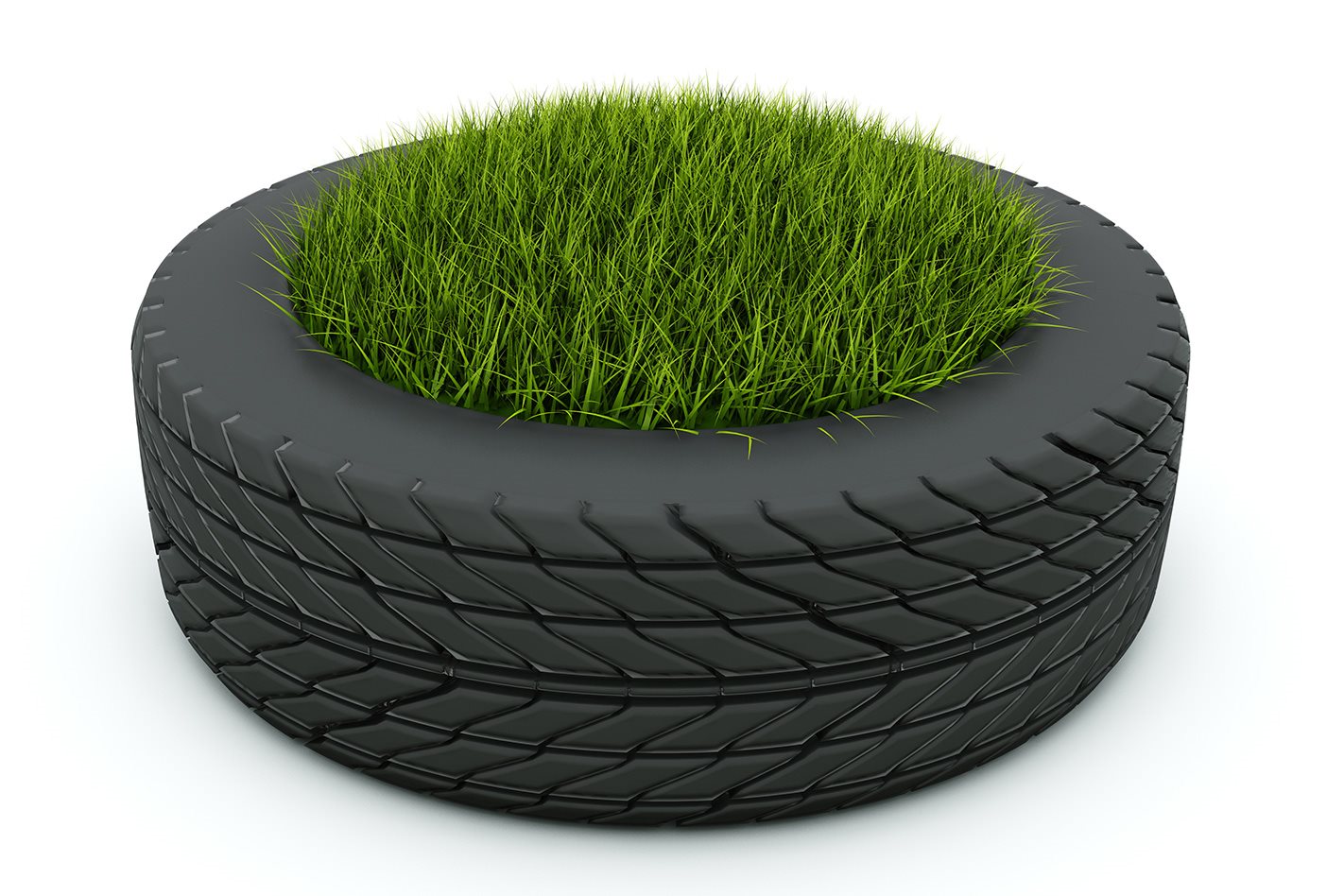
A UNIVERSITY of Minnesota-lead research team has come up with an innovative way to make car tyres, and in the process turn polluting tyre production into a cleaner, more sustainable business.
About one billion car tyres are produced worldwide each year, made from a synthetic rubber requiring the use of non-renewable fossil fuels. But a new chemical process promises to use natural and renewable resources to make them, promising to meet an ever-increasing demand expected to be around 1.6 billion tyres a year by 2022.
According to Paul Dauenhauer, an associate professor of chemical engineering and materials science, the university has “created a new chemical process to make isoprene, the key molecule in car tyres, from natural products like trees, grasses, or corn”. “This research could have a major impact on the multi-billion-dollar automobile tyres industry,” he said.
It’s a three-step chemical process, but the clever and surprising bit is how the naturally acquired isoprene looks and behaves like synthetic polymers. The good news for consumers (and the environment) is that if and when the product becomes commercially available, there should be little or no difference between the old and new product in terms of road-holding performance.
The other boon for sustainability is, of course, a cleaner solution in terms of disposing of the enormous number of used tyres the world accumulates each and every year: most go into landfill or are burnt as a so-called alternative fuel.



